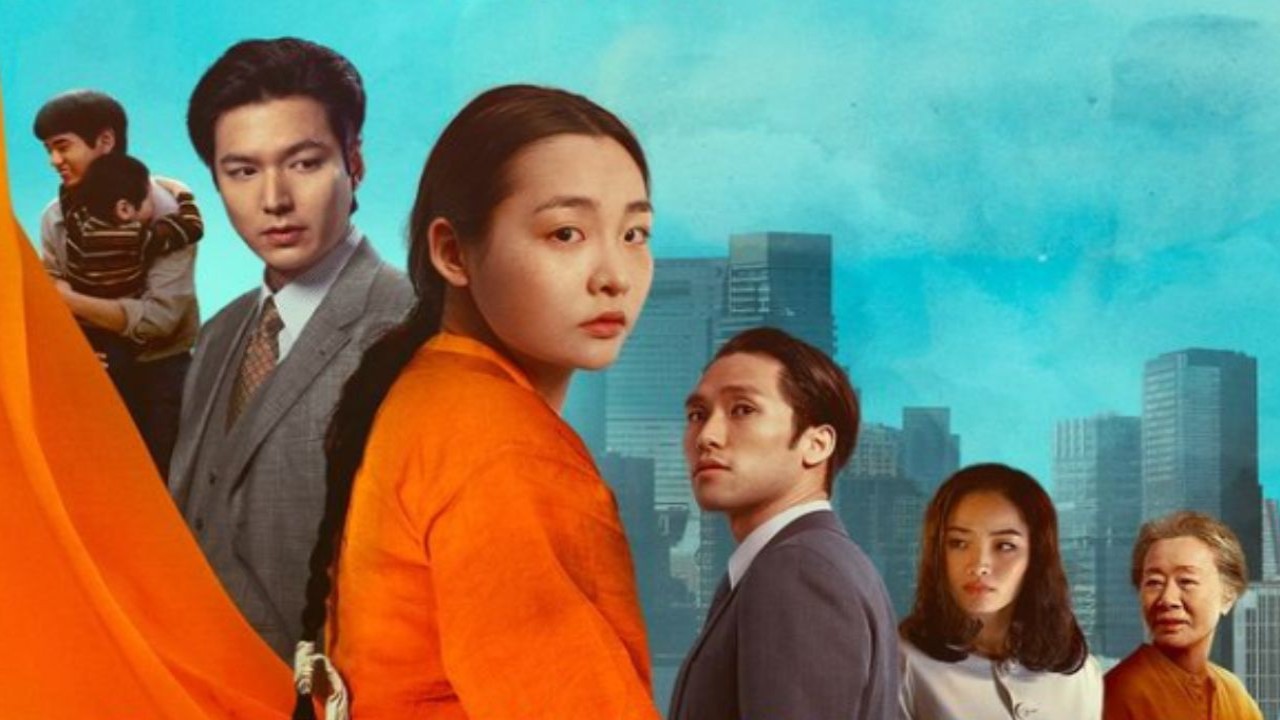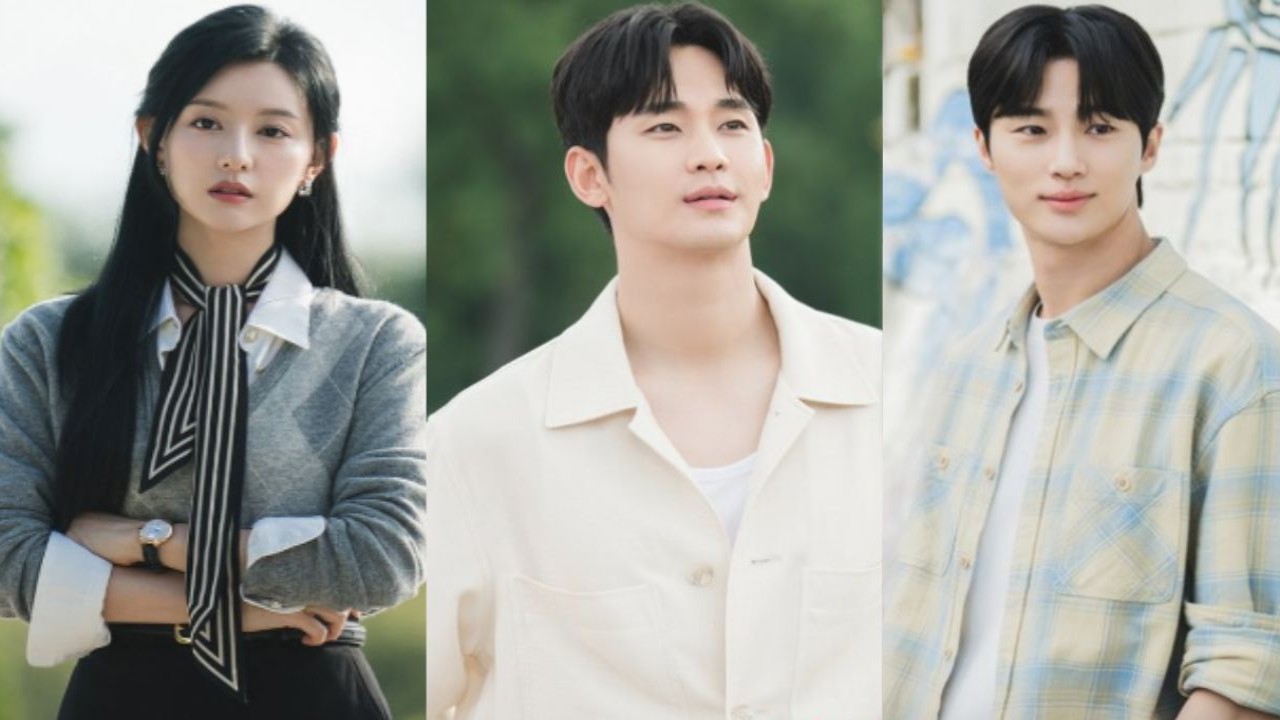Pachinko season 2 Ending Explained: Will Kim Min Ha and Lee Min Ho starrer get renewed for season 3?
Pachinko Season 2 came to an end on October 11. Here is an explaination of the season finale discussing possibility of Season 3 starring Kim Min Ha and Lee Min Ho.

Pachinko Season 2 starring Kim Min Ha, Lee Min Ho, Jin Ha, Youn Yuh Jung, and others, continues the sweeping multi-generational saga of Sun Ja and her family. The new season further explores their experiences in 1945 Japan during World War II and its aftermath. It also follows Baek Solomon’s quest for success and his struggle to navigate his identity and place in the world.
Pachinko Season 2 Ending Explained
Name : Pachinko Season 2
Premiere Date: 23 August, 2024
Cast: Lee Min Ho, Kim Min Ha, Jin Ha, Youn Yuh Jung, Kim Kang Hoon
Director: Kogonada, Justin Chon
Creator: Soo Hugh
Writer: Based on the novel Pachinko by Min Jin Lee
No. of episodes: 8
Genre: Drama
Language: Korean, Japanese, English
Where to watch: Apple TV+
Plot
The drama based on the novel by Min Jin Lee tells the story of a Korean immigrant family across four generations and how they survive. It strives to tell the story of a woman through the ages and her family.
After coming to Japan, the Sun Ja finds peace with her new family members though she misses her past in Busan. The humble family work hard together to make a living. But everything changes as the war lashes and changes are rampant. Ko Han Su warns Sun Ja about the forthcoming changes.
Ending
Pachinko Season 2 ends in the 1950s storyline after Noa finds out that Ko Han Su is his real father. After confronting Han Su, he visits Sun Ja to bid her his final goodbye and asks her to take care. Though he does not reveal the truth to his mother, Sun Ja figures that something is wrong and follows him, but Noa is nowhere to be seen.
Everyone searches for him relentlessly but he is nowhere to be found. The last scene shows Noa changing his name to a Japanese one and working at a Pachinko parlor, sweeping the floor and giving up on his family and future.
In 1989 Tokyo, Solomon gets what he wishes for and prepares for a presentation for his project. As he stands up to give the presentation, his father, Mozasu, looks on as his son takes the path that hurts the family's sentiments and hurts the emotions of the immigrants and their pasts.

15th Korea Drama Awards winners: Queen of Tears' Kim Ji Won-Kim Soo Hyun, Lovely Runner's Byeon Woo Seok and more take big nods





 JOIN OUR WHATSAPP CHANNEL
JOIN OUR WHATSAPP CHANNEL



































































